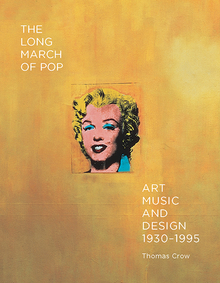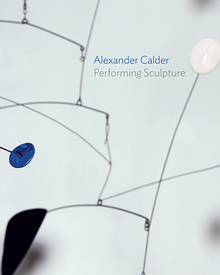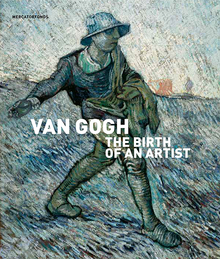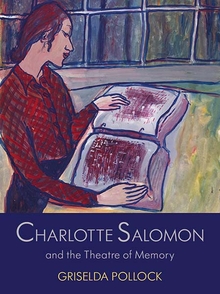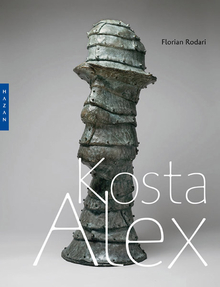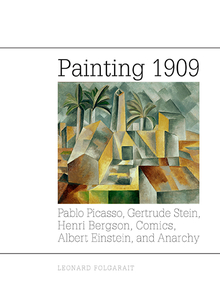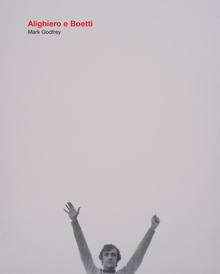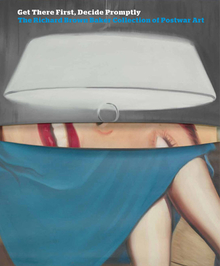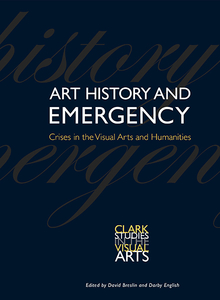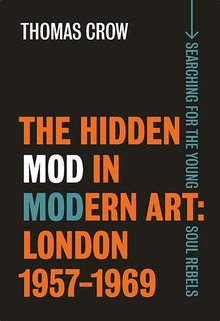The Long March of Pop
WARNING
You are viewing an older version of the Yalebooks website. Please visit out new website with more updated information and a better user experience: https://www.yalebooks.com
Art, Music, and Design, 1930–1995
Thomas Crow
An original and insightful new history of Pop Art from one of the most important art historians of our time
Thomas Crow’s paradigm-changing book challenges existing narratives about the rise of Pop Art by situating it within larger cultural tides. While American Pop was indebted to its British predecessor’s insistence that any creative pursuit is worthy of aesthetic consideration, Crow demonstrates that this inclusive attitude also had strong American roots. Folk becomes Crow’s starting point in the advance of Pop. The folk revival occurred chiefly in the sphere of music during the 1930s and ’40s, while folk art surfaced a decade later in the work of Jasper Johns and Robert Rauschenberg. Crow eloquently examines the subsequent explosion of commercial imagery in visual art, alongside its repercussions in popular music and graphic design. Pop’s practitioners become defined as artists whose distillation of the vernacular is able to capture the feelings stirring among a broad public, beginning with young participants in the politicized 1960s counterculture. Woody Guthrie and Roy Lichtenstein, Andy Warhol and Bob Dylan, Ed Ruscha and the Byrds, Pauline Boty and the Beatles, the Who and Damien Hirst are all considered together with key graphic designers such as Milton Glaser and Rick Griffin in this engaging book.
Thomas Crow’s paradigm-changing book challenges existing narratives about the rise of Pop Art by situating it within larger cultural tides. While American Pop was indebted to its British predecessor’s insistence that any creative pursuit is worthy of aesthetic consideration, Crow demonstrates that this inclusive attitude also had strong American roots. Folk becomes Crow’s starting point in the advance of Pop. The folk revival occurred chiefly in the sphere of music during the 1930s and ’40s, while folk art surfaced a decade later in the work of Jasper Johns and Robert Rauschenberg. Crow eloquently examines the subsequent explosion of commercial imagery in visual art, alongside its repercussions in popular music and graphic design. Pop’s practitioners become defined as artists whose distillation of the vernacular is able to capture the feelings stirring among a broad public, beginning with young participants in the politicized 1960s counterculture. Woody Guthrie and Roy Lichtenstein, Andy Warhol and Bob Dylan, Ed Ruscha and the Byrds, Pauline Boty and the Beatles, the Who and Damien Hirst are all considered together with key graphic designers such as Milton Glaser and Rick Griffin in this engaging book.
Thomas Crow is the Rosalie Solow Professor of Modern Art at the Institute of Fine Arts, New York University.
‘Thomas Crow’s study of American Pop Art opens with the intriguing premise that the movement emerged out of the American folk revivial of the 1930’s and 40’s, primarily felt in music but later percolating into art in the Robert Rauschenberg and Jasper Johns.’
—Apollo Magazine.
—Apollo Magazine.
‘Crow a leading art historian, starts in territory he knows best, and with a fascinating theme from the prehistory of Pop art itself: the interest in folk art among curators at the Museum of Modern Art in New York.’—Morgan Falconer, World of Interiors.
‘…you won’t see Pop the same way after The Long March of Pop. As seen here it’s murkier, richer, more ragged, and evidently the art that a nation congenitally suspicious of the highfalutin was destined to create.’—Martin Herbert, Art Review.
‘The paintings, designs and sculptures it exhibits are elegantly reproduced, but alongside Crow provides an incisive revisionist history of the movement, its artists, influences and legacy.’—Isabel Stevens, the Apollo.
ISBN: 9780300203974
Publication Date: January 6, 2015
Publication Date: January 6, 2015
412 pages, 8 1/4 x 10 1/2
200 color + 150 b/w illus.
200 color + 150 b/w illus.

